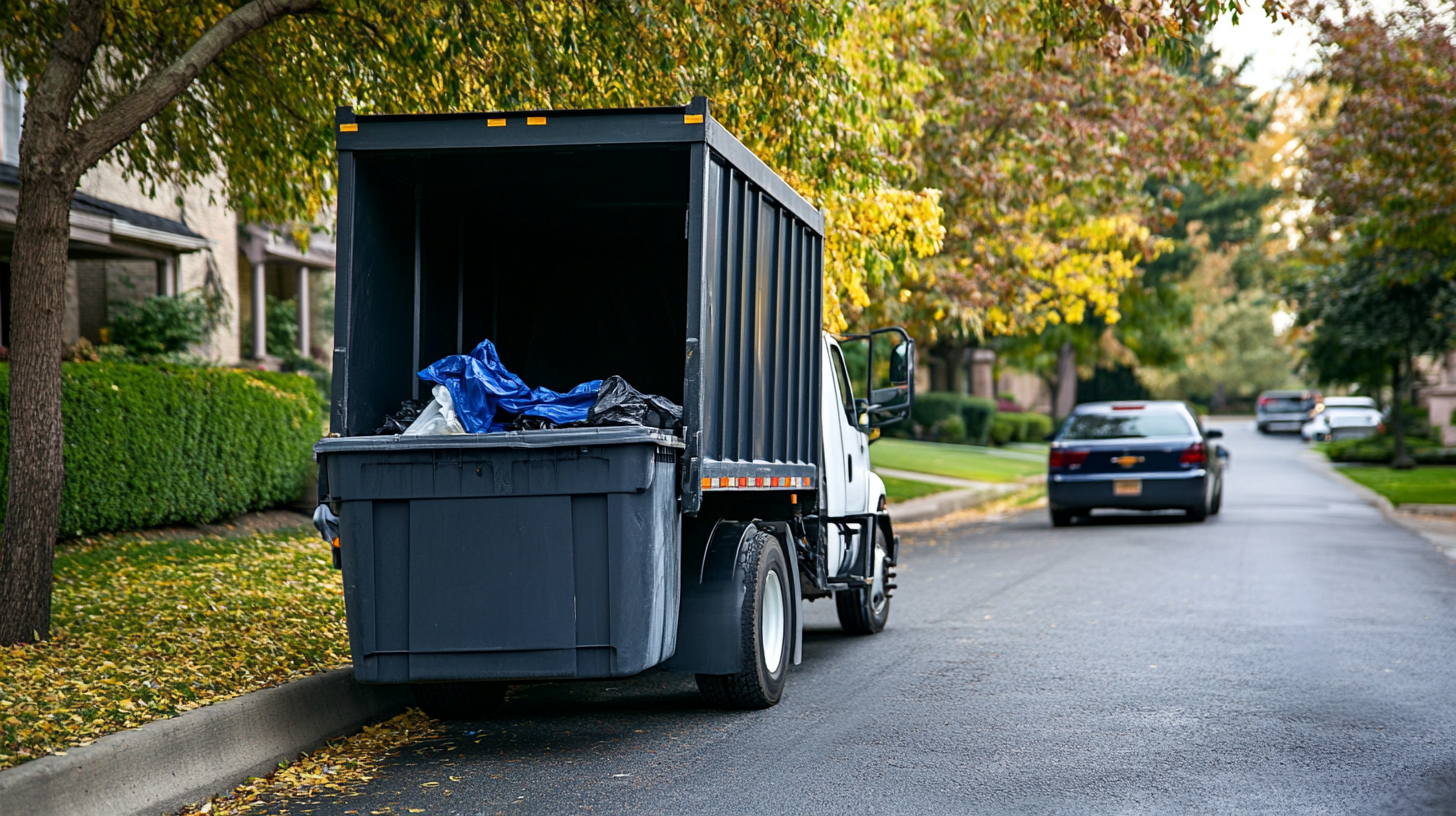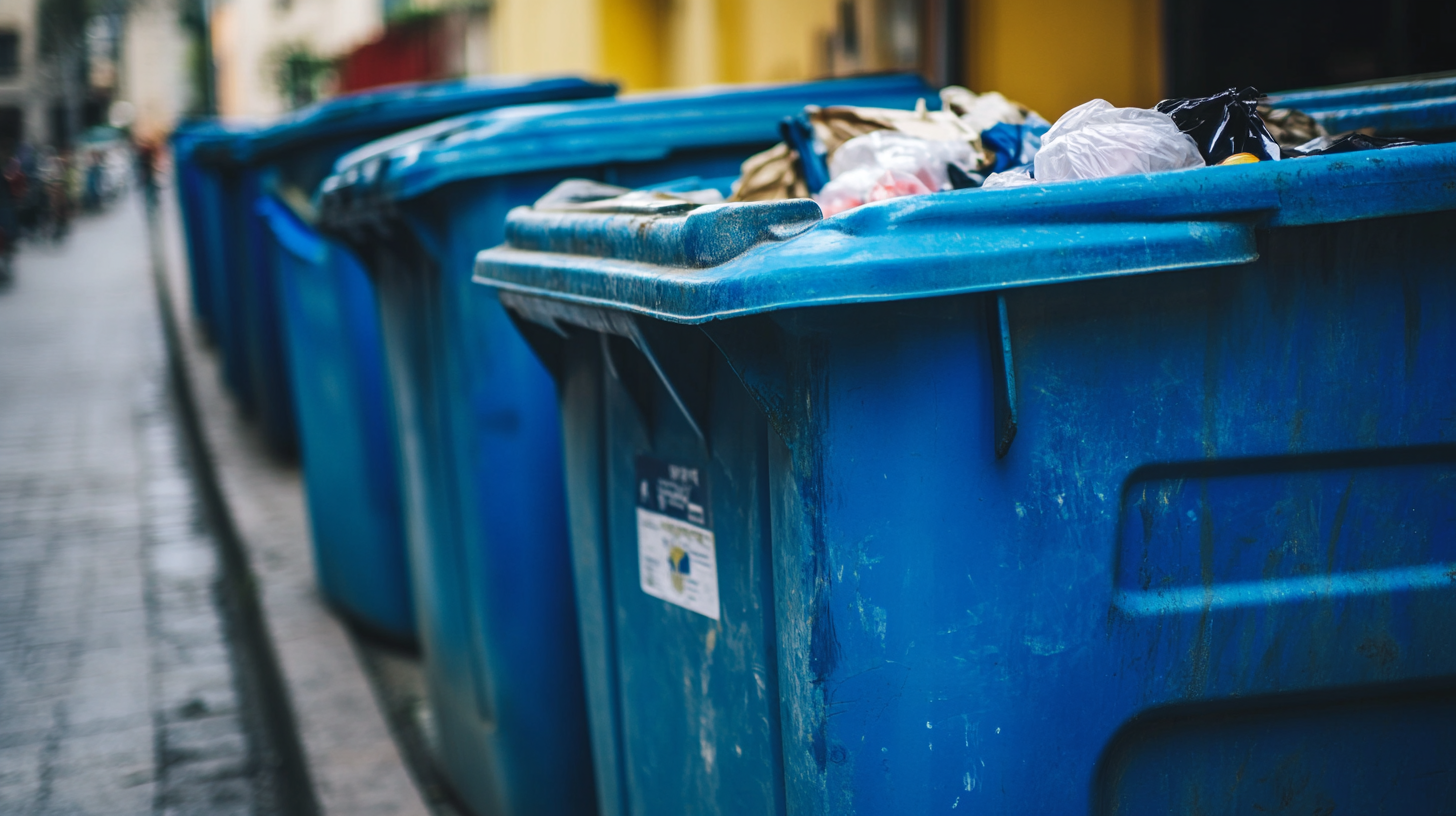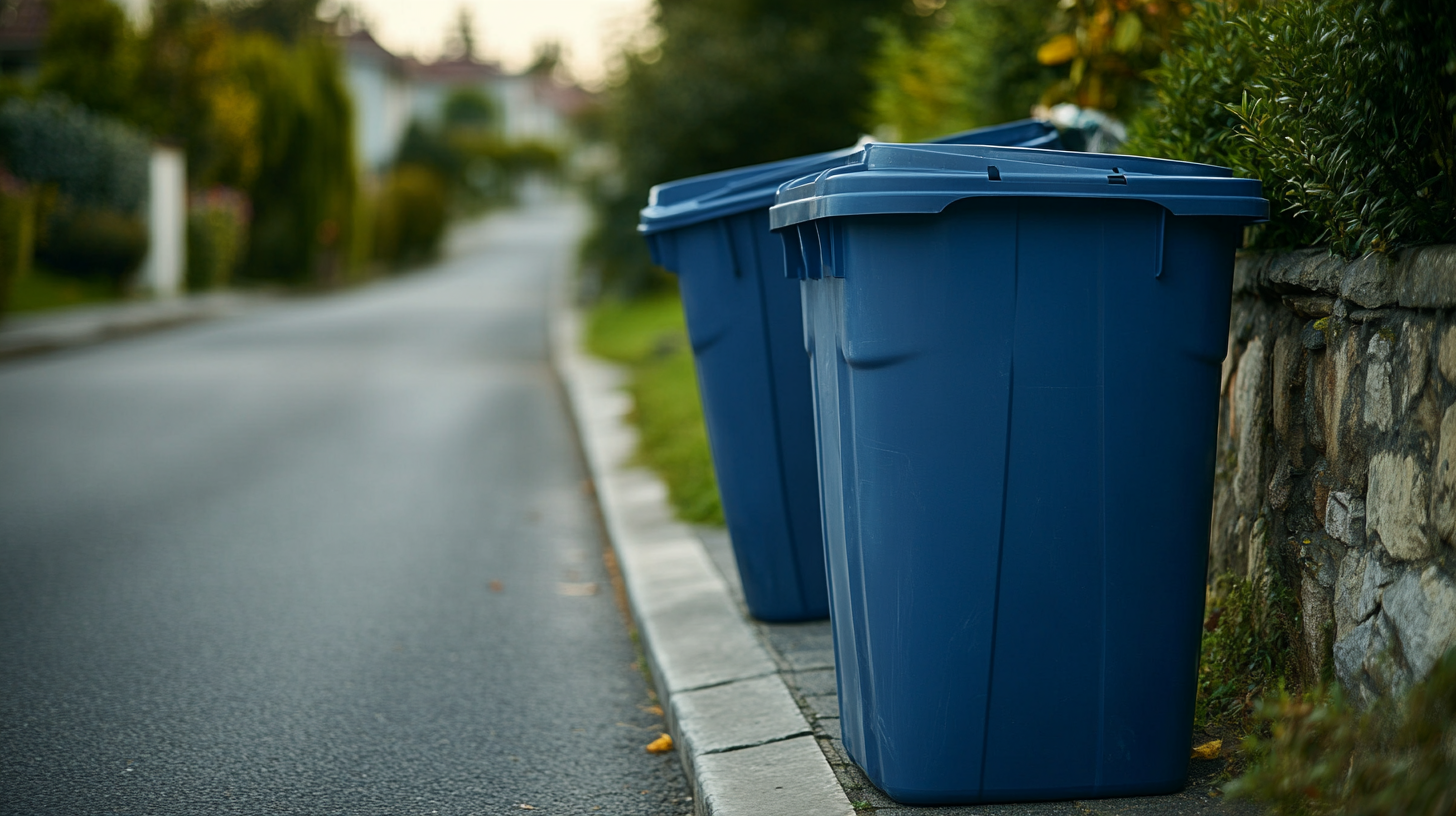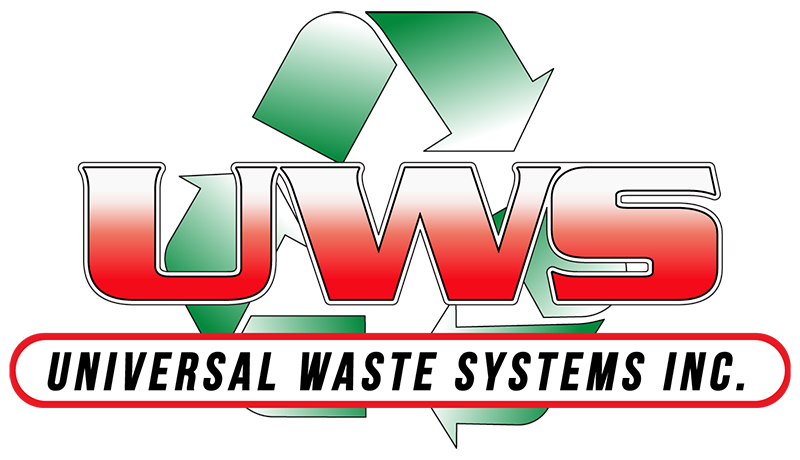Blog
Resilient Manufacturing: How 'Best Trash Pickup' Products Thrive Amid US-China Tariff Challenges
In an era marked by escalating tariffs and trade tensions between the US and China, the manufacturing landscape has witnessed significant shifts, especially within niche markets such as trash pickup products. Despite these economic hurdles, companies specializing in 'best trash pickup' solutions have demonstrated remarkable resilience and adaptability. This blog will explore how these manufacturers are not only weathering the storm of tariffs but also capitalizing on new opportunities for growth. We will delve into the strategies they employ to navigate the challenges posed by international trade policies and consumer preferences, all while highlighting the innovative designs and sustainable practices that define their best-selling products. As we unpack their success stories, it becomes clear that the trash pickup industry is not just surviving but thriving in a complex global environment.

The Impact of US-China Tariffs on Global Manufacturing Dynamics
The US-China tariffs have significantly reshaped global manufacturing dynamics, compelling companies to reevaluate their supply chains and operational strategies. The imposition of tariffs has increased production costs for many manufacturers that rely on components sourced from China, leading them to seek alternative suppliers or relocate their manufacturing bases. As a result, businesses are exploring various markets, such as Southeast Asia and Latin America, to mitigate the impact of tariffs while maintaining competitiveness in an evolving landscape.
In the realm of resilient manufacturing, companies that produce "best trash pickup" products exemplify adaptability in the face of such challenges. By leveraging innovation and local sourcing, these manufacturers not only reduce their dependency on imports but also respond more effectively to consumer demands. This strategic flexibility enables them to thrive amidst tariffs and position themselves to capitalize on potential market shifts, reinforcing their foothold in the industry. As the global manufacturing landscape continues to evolve, resilience and adaptability will remain key factors driving success in an interconnected economy.
Strategies for Chinese Manufacturers to Adapt and Thrive
In the face of increasing tariffs and trade tensions between the US and China, many Chinese manufacturers are finding innovative ways to adapt and thrive. One key strategy lies in diversifying supply chains. By tapping into alternative suppliers and local resources, manufacturers can mitigate the impact of tariffs while maintaining cost-effectiveness in production. This flexibility not only enhances resilience but also positions companies to better respond to market fluctuations and demands.
Moreover, investing in technology and automation proves essential for maintaining competitiveness. Embracing advanced manufacturing technologies, such as IoT and AI, allows manufacturers to improve efficiency, reduce labor costs, and optimize production processes. Additionally, fostering a culture of continuous improvement and innovation empowers employees to contribute ideas that can lead to new product development and enhanced service offerings, ensuring that companies remain relevant in a rapidly changing market. Through these proactive strategies, Chinese manufacturers can not only weather the current challenges but also emerge stronger and more capable in the global marketplace.

Innovative Solutions in Trash Pickup Products Amid Trade Challenges
In the face of ongoing US-China trade tensions, many industries have found themselves grappling with the implications of tariffs. However, the trash pickup product sector is demonstrating resilience through innovation and adaptation. Companies that prioritize innovative solutions are not only surviving but thriving amid these challenges. For instance, manufacturers are exploring alternative materials and smarter designs that reduce their reliance on imported components, thereby mitigating the impact of tariffs.
Additionally, technological advancements play a crucial role in driving this sector forward. Smart trash bins equipped with sensors and IoT capabilities enable efficient waste management and optimize collection routes, resulting in lower operational costs. By leveraging technology, manufacturers are providing added value to consumers while also addressing environmental concerns. This shift not only enhances product appeal but also positions these companies as leaders in sustainability, which is increasingly important in today's market. As the landscape continues to evolve, the focus on innovation within trash pickup products will undoubtedly pave the way for future growth and resilience.
Resilient Manufacturing: Trash Pickup Products Against US-China Tariff Challenges
The Role of Resilience in Maintaining Competitive Advantage
In today's rapidly evolving global market, resilience has emerged as a crucial factor for businesses to maintain their competitive edge. Companies that produce 'Best Trash Pickup' products have demonstrated this principle effectively, particularly in light of the tariff challenges posed by the US-China trade tensions. Their ability to adapt operations, source materials from diverse suppliers, and innovate product lines has allowed them not only to withstand external pressures but also to capitalize on new opportunities.
Moreover, resilience in manufacturing extends beyond mere survival; it fosters a culture of continuous improvement and agility. Businesses that prioritize resilience can pivot quickly in response to shifting market dynamics or supply chain disruptions. For instance, by investing in technology and sustainable practices, these manufacturers not only enhance their efficiency but also build stronger relationships with customers who increasingly value environmentally responsible products. This dual focus on adaptability and sustainability positions them favorably in the competitive landscape, ensuring long-term success despite external challenges.

Future Trends in Manufacturing: Lessons from Tariff Resistance
The ongoing US-China tariff challenges have reshaped the manufacturing landscape, pushing companies to adapt and innovate in order to survive. One noteworthy trend that has emerged is the resilience shown by manufacturers of 'Best Trash Pickup' products. These companies are not only finding ways to navigate the complexities of tariffs but are also learning valuable lessons that could redefine future manufacturing strategies.
A key lesson from these resilient manufacturers is the importance of diversifying supply chains. By sourcing materials from multiple regions or even localizing production, they mitigate the risks posed by tariffs and disruptions. This shift not only enhances their operational flexibility but also fosters stronger relationships with various suppliers, creating a robust network capable of withstanding external pressures. Furthermore, investing in advanced technologies and automation has enabled these firms to optimize efficiency, ultimately lowering costs and improving product offerings in a competitive market.
Additionally, industry players are increasingly focusing on sustainability as consumers become more environmentally conscious. Manufacturers that prioritize eco-friendly practices and materials are finding a loyal customer base, setting trends that other sectors may soon follow. By embracing these forward-thinking strategies, 'Best Trash Pickup' companies exemplify how adaptability in the face of adversity can lead to long-term growth and resilience in an ever-evolving manufacturing landscape.
Request a Quote
Fill out the form below and one of our specialists will contact you to discuss your questions and needs.
